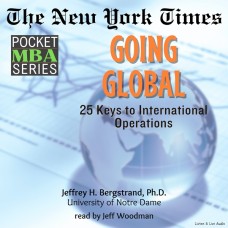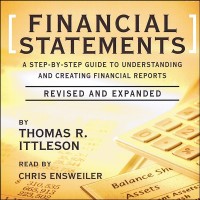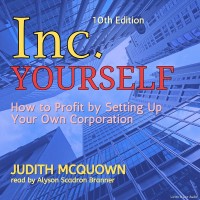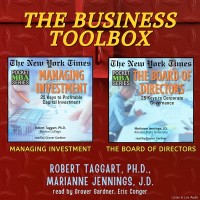Key 1. Think globally.
Key 2. International business is different.
Key 3. Why go global? Exporting your product abroad is an opportunity, not a last resort.
Key 4. The more sophisticated the product, the more likely is success abroad.
Key 5. Why export cars to Japan?
Key 6. How does a business go global?
Key 7. Research foreign markets thoroughly.
Key 8. Export indirectly at first.
Key 9. Once established, export directly.
Key 10. Gain familiarity with U.S. export regulations and tax incentives.
Key 11. Understand the costs of transporting goods abroad.
Key 12. The benefits of importing.
Key 13. How does a business begin importing?
Key 14. How to deal with tariffs and other government barriers to trade.
Key 15. When you should produce here and when you should produce there.
Key 16. Understand the basics of international payment.
Key 17. Gain familiarity in the basics of foreign exchange.
Key 18. Identify your foreign exchange exposures and risks.
Key 19. Know when you're hedging, know when you're speculating.
Key 20. Use currency forwards and futures to hedge foreign exchange transaction exposures.
Key 21. Uses for foreign currency swaps and options.
Key 22. Save some money: use "natural" hedges.
Key 23. Watch foreign governments closely.
Key 24. Is there an international code of business ethics?
Key 25. Consult thoroughly public sources of trade information.
Going Global is part of The New York Times Pocket MBA Series, a reference series easily accessible to all businesspersons, from first-level managers to the executive suite. The 12-volume series is written by Ph.D.s who teach in the finest graduate business programs in the country, and edited by business editors from The New York Times. The structure of each volume presents an unparalleled synopsis of crucial principles of specific areas of business expertise.
---
Jeffrey H. Bergstrand, Ph.D. is an Associate Professor of Finance and Business Economics in the College of Business Administration at the University of Notre Dame. He has been teaching about the global macroeconomic environment and about international finance since 1986, earning Outstanding Teacher of the Year awards in both the MBA and Executive MBA programs. He currently co-edits the Review of International Economics, an academic journal.
NARRATOR
Jeff Woodman has been named one of the "Fifty Greatest Voices of the Century" by Audiofile. On stage, he created the title role in Tennessee William's The Notebook of Trigorin and won the S.F. Bay Area Critic's Circle Award for An Ideal Husband. He lives in New York City.
---
REVIEWSAV Guide
"Brings important business principles as close as your headphones."
AudioFile
"You couldn't ask for more in terms of content or organization."
Going Global
Author: Jeffrey H. Bergstrand, Ph.D.
Narrator: Jeff Woodman
ISBN: 9781593164072
SRP: $19.95
Length: 2:00:00
Item No: LL426
Available on the following websites: Amazon, Apple, Audible, AudioBookStore, Audiobooks, Blackstone, Catalist, Epic!, Kobo, Libro.fm, Mackin, Overdrive, StoryTel, Tumblebooks.
Related Products
Analyzing Financial Statements
Learn the 25 keys to unlocking the powerful and useful information buried in corporate financial s..
Managing Investment
Learn the 25 keys to selecting and managing outside investment, through mergers, acquisitions and ..
Forecasting Budgets
Learn the 25 keys to the art of the budget in terms of forecasting costs, revenues and profits for..
Organizing A Company
Learn the 25 keys to sole proprietorship, partnership, subchapter S and family ownership. Key 1. ..
Leadership & Vision
Learn the 25 keys to supervising and motivating management staff to realize your company vision, t..
Business Financing
Learn the 25 keys to find and secure the funds to start a business and keep it going-including whe..
Business Planning
Learn the 25 keys to a great business plan, including writing the company's mission, identifying m..
Growing & Managing A Business
Learn the 25 keys in managing the growth of a business, including identifying the company's compet..
The Board of Directors
Learn the 25 keys to the role of the Board of Directors and the important points in helping to gui..
Sales & Marketing
Learn the 25 keys to build awareness of new brands and learn the secrets of forceful advertising and..
Tracking & Controlling Costs
Learn the 25 keys to understand how financial reporting and cash flow become the essential tools t..
Financial Statements
Ittelson's master work will give you that firm grasp of "the numbers" necessary for business success..
Inc. Yourself
More than two decades ago, when former Wall Street portfolio analyst Judith H. McQuown first sat dow..
The Business Toolbox: Managing Investment & The Board of Directors
In Managing Investment, you'll learn the 25 keys to finding, selecting, funding and managing outside..
.png)














